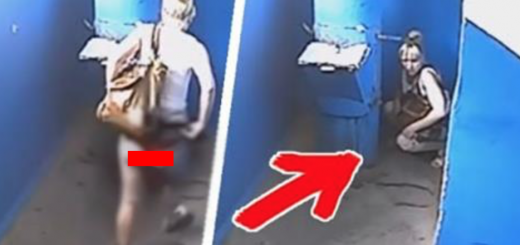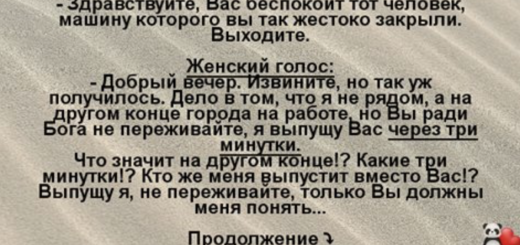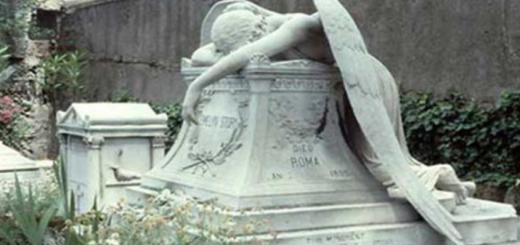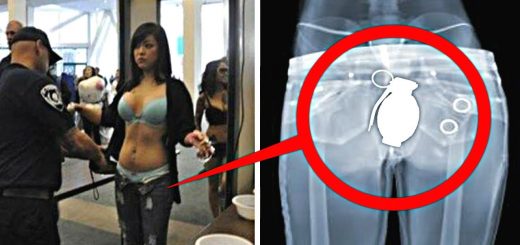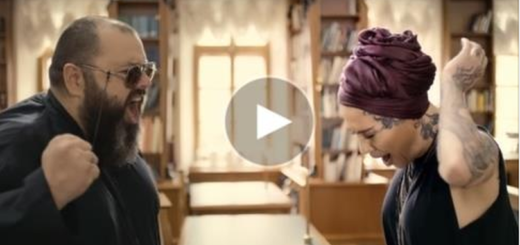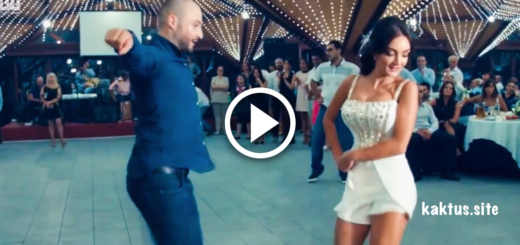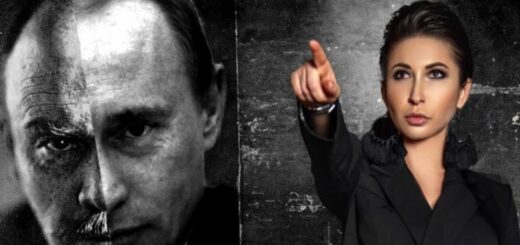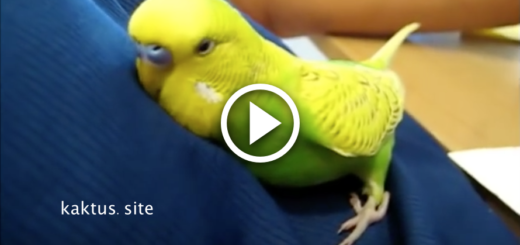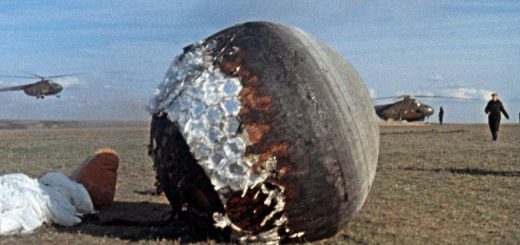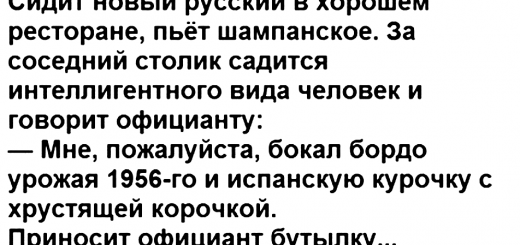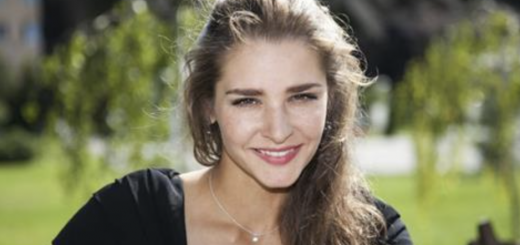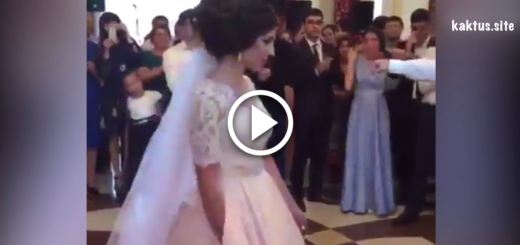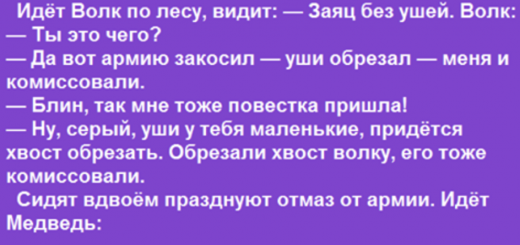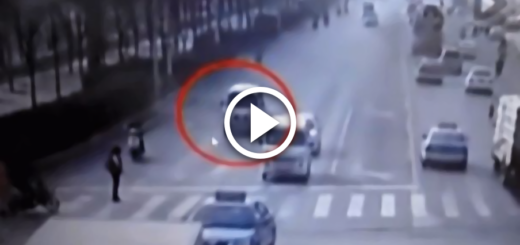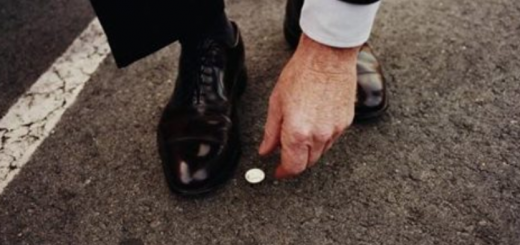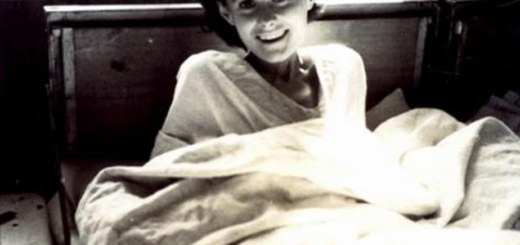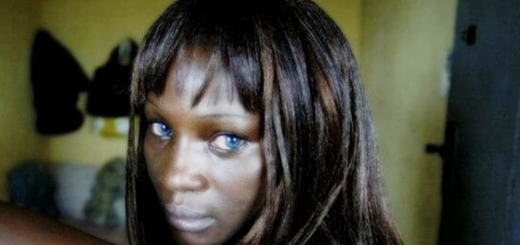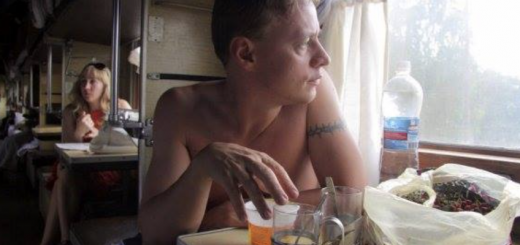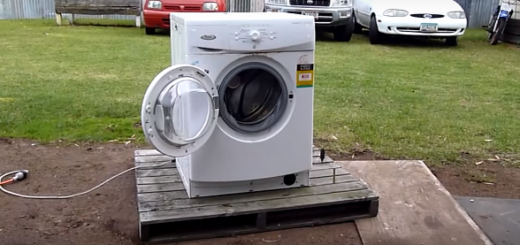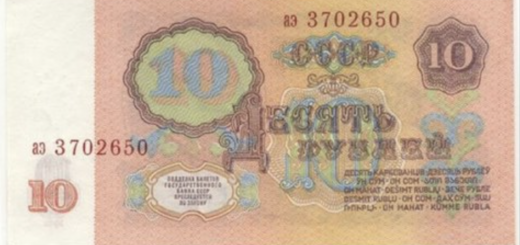The court hearing arrived on a gray Seattle morning. The courthouse was surrounded by media, protesters holding signs both for and against me, and curiosity seekers hoping for a glimpse of the drama. Walter had arranged for us to enter through a private entrance, but I could still hear the noise outside. Grandma Dorothy looked frail in her wheelchair, which we’d finally convinced her to use, but her spine was steel straight.
I held her hand as we entered the courtroom. My family was already there. Patricia, Gregory, Kenneth, and Victoria sat at the defendant’s table with their team of lawyers. Patricia had maintained the soft, sympathetic appearance from her interview. Gregory looked tired and defeated. Kenneth wouldn’t meet my eyes. But Victoria stared at me with pure hatred.
The judge, a stern woman in her sixties named Judge Morrison, entered and everyone rose. «This is a hearing regarding the will of Dorothy Hayes and the contest filed by Patricia Hayes and family,» Judge Morrison began. «I’ve reviewed the documentation submitted by both parties. Counsel, your opening statements.»
The family’s lawyer went first, a slick man named Robert who argued that Grandma Dorothy had been unduly influenced, that her illness had impaired her judgment, and that the will should be set aside in favor of the previous version.
Then Walter stood. He didn’t argue or plead; he simply presented facts. Bank records showing the stolen trust fund money. Medical evaluations from three separate doctors confirming Grandma Dorothy’s sound mind. Testimony from business associates about her mental acuity. Documentation of the abuse I’d suffered—photos, recordings, witness statements. And finally, Victoria’s viral video confession.
«Your Honor,» Walter concluded, «this is not a case of undue influence. This is a case of a woman choosing to leave her estate to someone who deserves it, and a family angry that their victim has finally escaped their control.»
Patricia’s lawyer tried to counter, but Judge Morrison cut him off. «I’ve seen enough,» she said. «The evidence is overwhelming. Miss Dorothy Hayes was clearly of sound mind when she executed her new will. The documentation of abuse is extensive and credible. And the admission by Victoria Hayes that the family ‘earned’ money meant for Rachel’s care essentially confirms the allegations of financial exploitation.»
My heart began to race. «Furthermore,» Judge Morrison continued, «the behavior exhibited by the contesting parties during these proceedings, including threats, harassment, and public defamation, only reinforces that Miss Dorothy’s decision was correct. A family that truly loved Rachel would never have treated her this way, before or after the will change.»
Victoria stood up, unable to contain herself. «This is bullshit! You can’t just—»
«Sit down,» Judge Morrison commanded, «or I’ll hold you in contempt.» Victoria sat, but her fury was palpable.
«I’m ruling in favor of the will as executed,» Judge Morrison declared. «The contest is dismissed with prejudice. Furthermore, I’m ordering Patricia and Gregory Hayes to pay restitution for the misappropriated trust funds: seven hundred and fifty thousand dollars plus interest over twenty-two years, totaling approximately 2.3 million dollars. They have ninety days to pay in full.»
The courtroom erupted. Patricia collapsed in her chair, sobbing. Gregory looked like he’d aged ten years in ten seconds. Kenneth put his head in his hands. Victoria started screaming obscenities until bailiffs escorted her out. I sat frozen, unable to process that it was over. We’d won. Completely, decisively, irrevocably.
Grandma Dorothy squeezed my hand. «It’s done, sweetheart. You’re free.»
Media swarmed us as we left the courthouse, but Walter and Thomas created a barrier. I heard the questions being shouted: How did I feel? What would I do with the money? Did I have a message for my family? But I didn’t answer. I just helped Grandma Dorothy into the car and let Thomas drive us away.
Back at the estate, Grandma Dorothy was exhausted but satisfied. «I can die happy now,» she said, and the words hit me like a physical blow.
«Don’t say that,» I whispered. «Please.»
«Oh, Rachel.» She cupped my face with her thin hands. «I’m not afraid. I got to see justice done. I got to know my fortune will be used for good. That’s more than most people get.»
Over the next three weeks, I watched Grandma Dorothy fade. She slipped in and out of consciousness, sometimes lucid, sometimes lost in memories. I stayed by her side, holding her hand, telling her about my plans for the foundation I wanted to start—something to help adopted children who were being abused or exploited.
«That’s perfect,» she murmured during one of her clearer moments. «Help others like you. Break the cycle.»
«I will,» I promised. «I’ll make you proud.»
«You already have.» Her smile was peaceful. «You survived them, Rachel. You stayed kind when they were cruel. You worked hard when they tried to break you. You’re everything I hoped you’d be.»
She died on a Tuesday morning, with me holding her hand and the sun streaming through the window. Her last words were, «Thank you for being my real family.» I stayed with her for a long time after, crying for the woman who’d saved me, who’d loved me, who’d given me a future. The only grandmother I’d ever really had.
The funeral was private. Just me, Thomas, Walter, and a few of Grandma Dorothy’s close friends. My family wasn’t invited, though Patricia tried to crash it and was turned away by security. In the weeks that followed, the full transfer of assets was completed. I was now the sole heir to a three-billion-dollar fortune. The number was still incomprehensible, but I was determined to honor Grandma Dorothy’s legacy.
The first thing I did was establish the Dorothy Hayes Foundation for Adopted Children. Not because it sounded good or made me look charitable, but because I knew firsthand how many kids were trapped in situations like mine. The foundation would provide legal support, counseling, emergency housing, and educational funding for adopted children suffering abuse or exploitation. The second thing I did was hire an excellent management team for Grandma Dorothy’s companies. I wasn’t ready to run billion-dollar corporations, but I could learn. I attended every meeting, asked questions, and studied at night. Slowly, I began to understand the empire she’d built.
My family’s downfall was swift and brutal. Unable to pay the $2.3 million in restitution, Patricia and Gregory were forced to sell their house, their cars, everything of value. They moved into a small apartment in a rough neighborhood, ironic considering they’d always looked down on people they deemed beneath them. Gregory faced fraud charges for the trust fund theft and was sentenced to three years in prison; Patricia received two years.
Kenneth, who’d benefited from the stolen money through his education, was required to pay back his portion, approximately $400,000. His marriage collapsed under the financial strain, and last I heard, he was working two jobs to make the payments.
But Victoria’s fate was the most satisfying. Her viral meltdown had destroyed any credibility she had. Her husband divorced her, taking their house and most of their assets. She’d invested heavily in a restaurant venture that failed spectacularly, leaving her deep in debt. The private investigator she’d hired to dig up dirt on me was now suing her for unpaid fees. She’d tried to write a tell-all book, but publishers rejected it after fact-checkers found it full of lies. She’d attempted to start a YouTube channel, but the comments were so brutal she deleted it.
She’d even tried to reconcile with me, not out of genuine remorse, but a desperate hope I’d give her money. I read her email once: «Rachel, I know we had our differences, but we’re still sisters. Family forgives family. I’m struggling right now, and I know you’re doing well. Maybe we could meet for coffee? Talk about the past and build a future together?» I deleted it without responding.
Six months after Grandma Dorothy’s death, I stood in the Foundation’s new headquarters, a beautiful building in downtown Seattle dedicated to helping children as I had been. The walls were covered with photos of kids we’d already helped, stories of escape and new beginnings. Thomas stood beside me, having accepted a position as the Foundation’s Operations Director.
«Miss Dorothy would be proud,» he said.
«I hope so,» I replied.
My phone buzzed. Another message from my family. They never stopped trying. This one was from Kenneth. «Rachel, Mom and Dad are struggling. Dad’s in prison. Mom’s barely surviving. I know you’re angry, but they’re still your parents. Can’t you find it in your heart to help?»
I typed my response carefully. «They were never my parents. They were people who took money to raise me and instead used me as a punching bag for their inadequacies. I owe them nothing. But I’ll make you a deal. I’ll donate the exact amount they stole from me, $750,000, to a fund helping adopted children escape abusive families, in their names. That’s the only legacy they’ll have.» I hit send and blocked his number.
A year later, I was featured in a business magazine. Not as the adopted girl who inherited billions, but as a CEO running multiple successful companies and a growing foundation that had helped over five hundred children. The article focused on my work, my vision, my accomplishments. There was a small mention of my family drama, but it was in the past now. The narrative had shifted. I wasn’t the victim anymore, nor the gold digger or the manipulator. I was simply Rachel, a woman who’d survived, thrived, and chosen to help others do the same.
I’d heard through mutual acquaintances that Victoria was working in telemarketing, barely making ends meet; that Patricia, released from prison, was living in a women’s shelter; that Gregory was still incarcerated, his health failing; that Kenneth was bankrupt, his expensive education worthless without the connections and money that had always propped him up. Part of me, the part that remembered being a hurt little girl, felt a twinge of something—not quite satisfaction, not quite pity. Just an acknowledgment that actions have consequences, that cruelty eventually circles back.
My family never recovered from their fall. Victoria’s attempts to rebuild her life repeatedly failed, each venture collapsing under the weight of her reputation and poor decisions. Patricia and Gregory lived out their remaining years in poverty and isolation, their biological children too consumed with their own struggles to help. Kenneth’s pride never allowed him to accept jobs he deemed beneath him, keeping him perpetually on the edge of financial ruin. They’d built their lives on a foundation of cruelty and entitlement, and when that foundation crumbled, they had nothing left to stand on.
As for me, I built something lasting from the ashes of that painful past. Each child the foundation saved, each life changed, each cycle of abuse broken—that was my real inheritance from Grandma Dorothy. Not the money, but the understanding that sometimes the best revenge isn’t destruction, but becoming everything they said you couldn’t be. And watching them destroy themselves while you’re busy building something beautiful? That was simply justice taking its natural course.




